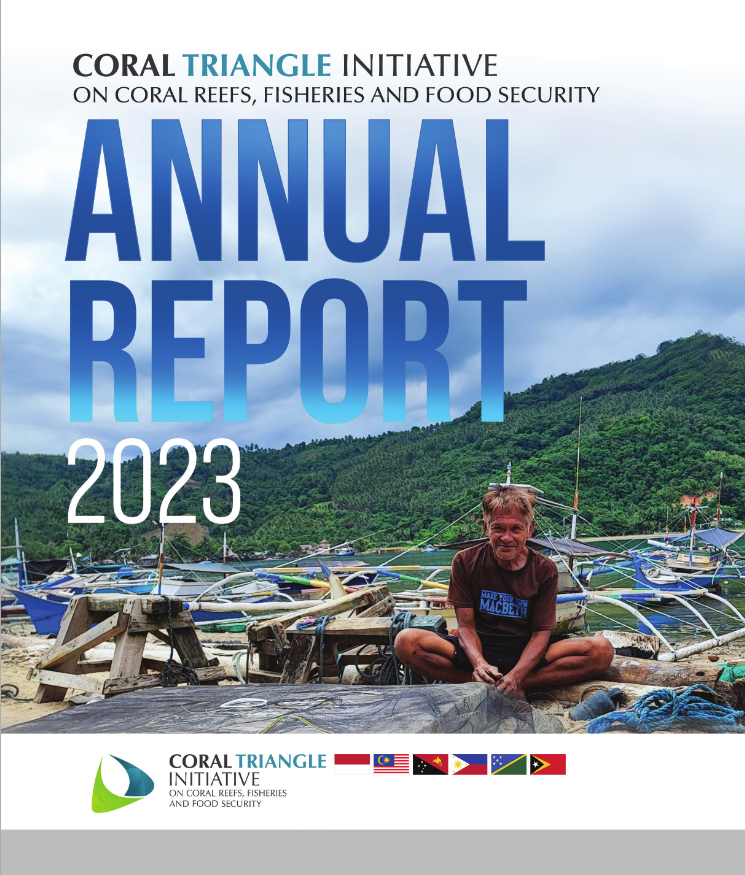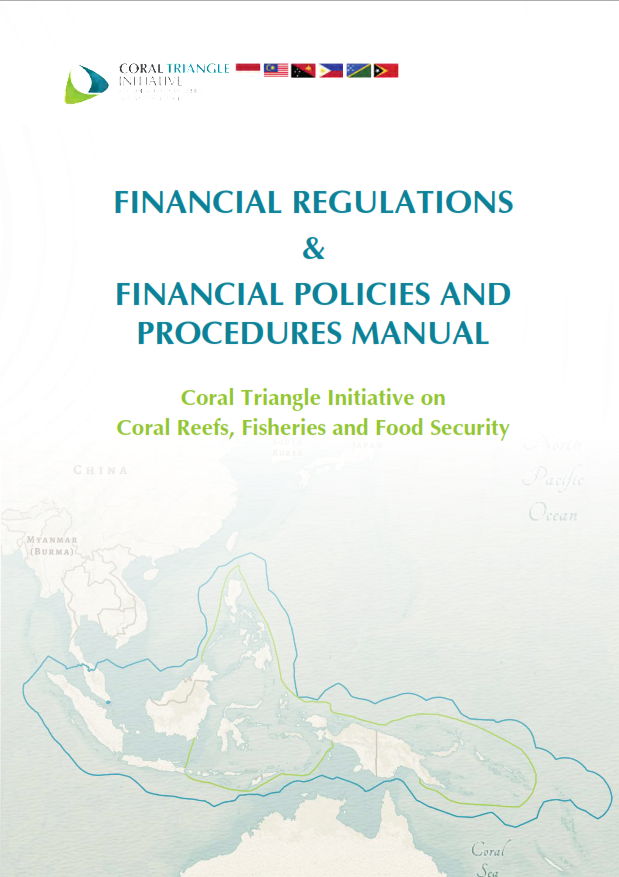CTI-CFF Scores Breakthrough in Combining Multifaceted Management Principles in MPA Design
A new set of guidelines released on January 19, 2012 has for the first time combined and integrated the principles of fisheries, biodiversity and climate change in establishing effective marine protected area (MPA) networks in the Coral Triangle. In the past, many MPA networks were unsuccessful because they focused solely on one principle and objective.
The new guidelines aim to address this concern by enabling MPA networks to simultaneously achieve fisheries sustainability, biodiversity conservation and ecosystem resilience in the face of climate change. The guidelines form part of a toolkit that will be rolled out in 2012 that will aid government, non-government and community resource managers to promote sustainable fishing practices, conserve the Coral Triangle’s ecosystem and achieve the goals of the CTI-CFF Regional and National Plans of Action. USAID’s Coral Triangle Support Partnership – a consortium of non-government organizations composed of the World Wildlife Fund, The Nature Conservancy and Conservation International developed the guidelines. The report can be downloaded from the website by following this link.



